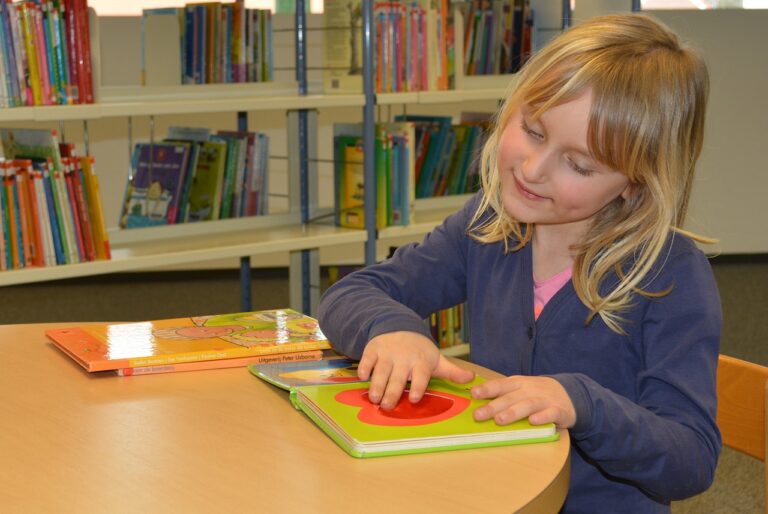Critical Thinking in the Digital Age
In today’s digital age, the ability to discern accurate information from misinformation is crucial. Information literacy plays a vital role in empowering individuals to navigate the vast sea of data available on the internet. By developing information literacy skills, individuals can critically evaluate sources, distinguish between credible and unreliable information, and make informed decisions based on facts rather than misinformation.
Moreover, information literacy is not only essential for personal use but also for academic and professional success. In educational settings, students need to be equipped with the skills to conduct effective research, evaluate sources, and cite information appropriately. In the workplace, employees must be able to sift through the abundance of information to make sound judgments and contribute meaningfully to their organizations. Therefore, fostering information literacy is a valuable investment in one’s ability to thrive in today’s knowledge-driven society.
Understanding Confirmation Bias
Confirmation bias is a common cognitive tendency that influences the way we process information and form beliefs. This bias occurs when individuals seek out, interpret, or remember information in a way that confirms their preexisting beliefs or hypotheses. In other words, people have a natural inclination to cherry-pick evidence that aligns with what they already think or believe.
Moreover, confirmation bias can lead to selective exposure, where individuals are more likely to be exposed to information that reinforces their current viewpoints. This can create an echo chamber effect, where people are surrounded by like-minded individuals and information, further solidifying their existing biases. Understanding this cognitive bias is crucial in a world where misinformation and polarizing narratives are prevalent, as it can help individuals make more informed and rational decisions based on a broader range of perspectives.
Recognizing Fake News
In today’s digital age, the proliferation of fake news has become a major concern. With the ease of sharing information online, it has become increasingly challenging to discern what is true and what is fabricated. This has led to the spread of misinformation that can have serious consequences on individuals and society as a whole.
One way to recognize fake news is to check the source of the information. Reliable news sources typically have a well-established reputation for accuracy and credibility. Before sharing or believing a piece of news, it is important to verify its authenticity by cross-referencing it with multiple trusted sources.
What is information literacy and why is it important?
Information literacy is the ability to effectively find, evaluate, and use information. It is important because it helps individuals make informed decisions, think critically, and avoid falling for fake news.
What is confirmation bias?
Confirmation bias is the tendency to search for, interpret, and remember information in a way that confirms one’s preexisting beliefs or hypotheses. This can lead to individuals only seeking out information that aligns with their views and ignoring conflicting evidence.
How can I recognize fake news?
There are several ways to recognize fake news, including checking the source of the information, verifying the information with other reputable sources, looking for any bias or agenda in the reporting, and being wary of sensationalized or clickbait headlines. Additionally, fact-checking websites can be helpful in determining the accuracy of a news story.







